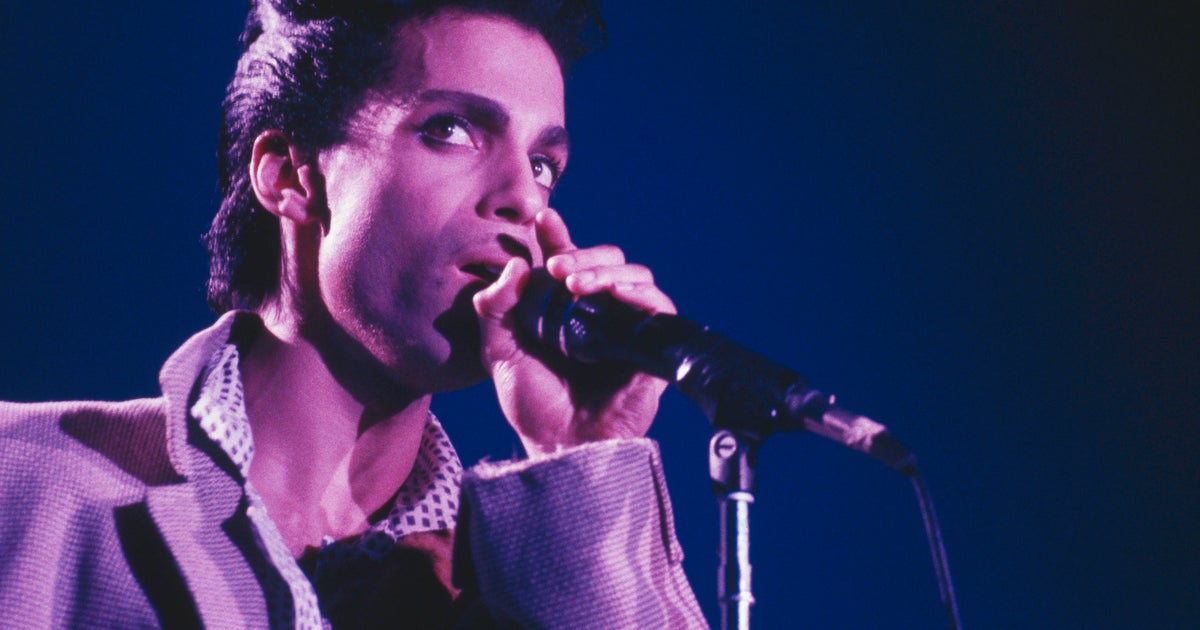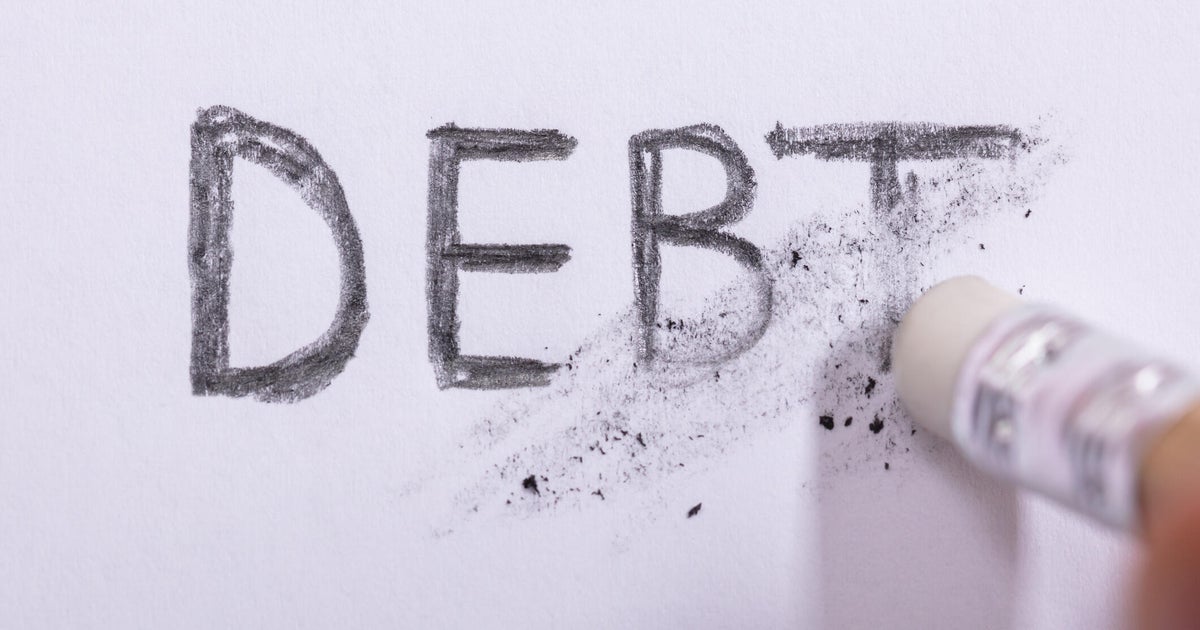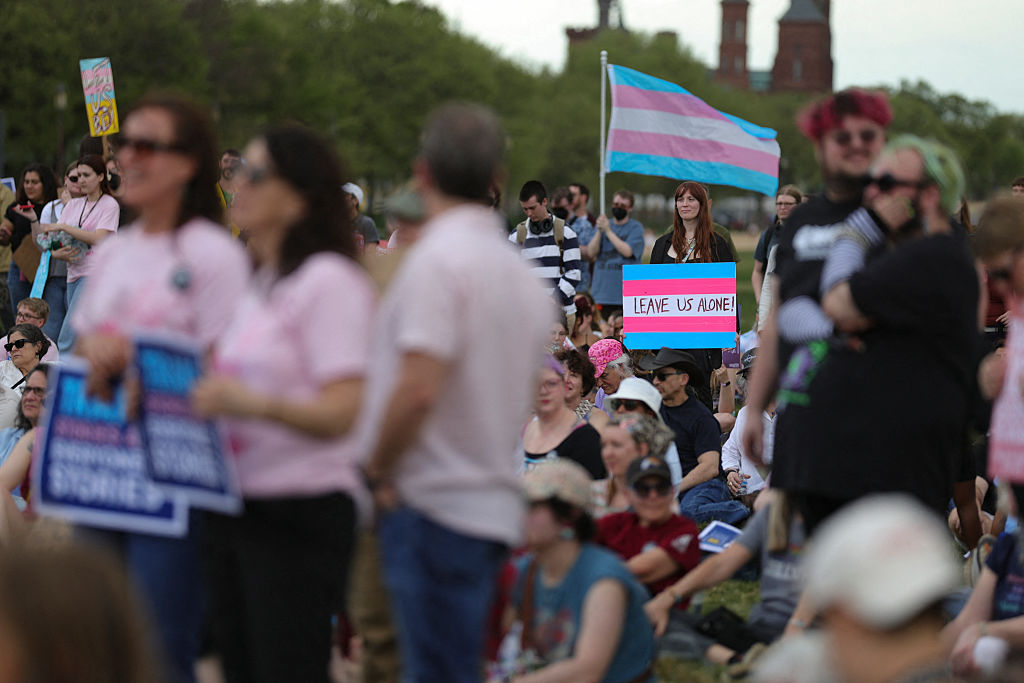Why are women authors' books cheaper than mens'?
The newest page-turner in publishing isn't a book at all, but research finding books written by women are priced 45 percent lower than those penned by men.
The researchers, sociologist Dana B. Weinberg and mathematician Adam Kapelner of Queens College CUNY, analyzed more than 2 million books published between 2002 to 2012, examining titles by their authors' genders, genre and pricing.
The disparity may bring to mind the gender pay gap, where women earn 80 cents for every dollar that men earn. As in the workforce, some of the disparity in book pricing is due to gender segregation. Women tend to be overrepresented in some genres -- like romance -- where titles sell at a lower price point, similar to how women in the workforce are more likely to work in lower-paying fields such as education and child care.
"That 45 percent number just knocked our socks off," Weinberg told CBS MoneyWatch.
The data included books from academic and university publishers and genres ranged from antiques to travel. Some genres are considerably more expensive than fiction, such as technology and engineering books, which sell for an average of $146.03 each. Romance books, by comparison, sell for $13.65 on average.
But even after adjusting for genre, the researchers found that books penned by women sell for 9 percent less than those by men.
Weinberg said she was inspired by the VIDA count, an annual survey of the gender breakdown of authors in publications such as the New Yorker and The Atlantic. Since it began several years ago, it has found many magazines publish more male bylines, but Weinberg noted it's unclear if the gender disparity is due to bias or other issues, such as whether women submit at a lower frequency than men.
But book publishing offered a novel way to examine the question by studying the two primary methods of publication: traditional book publishers and self-publication, which has grown hugely with the advent of services such as Amazon's (AMZN) Kindle Direct Publishing.
"We looked at the traditional setup, with an organization making the rules," she said. "But we also looked at the gig economy, where the organizations aren't there in the same way."
When the gatekeepers are gone, do the same gender discrepancies arise?
"How books got upgraded and downgraded, you could think it's how publishers are doing it, but it's difficult to pull apart what is the organization doing and the candidates for the jobs or the market itself," Weinberg said. "But when we look at self-publishing, we see what the authors did when there was no publisher."
She said, "The striking thing is the numbers are really similar."
Self-published titles by women are priced at 4 percent less than for men, the researchers found.
That raises a host of questions, such as whether men and women are pricing their books based on what they think the market will bear -- or whether men are more likely to overvalue their books or women to underprice theirs.
"We haven't gotten closer to answering that, but it's not all from the organization," Weinberg said. "These patterns will follow us into the workplace."
That has implications for the gig economy, suggesting that freelance workers may end up mirroring the gender disparities in the broader labor market. But it's unclear whether that's due to social expectations or writers or readers responding to the market, she said.
"This is a bigger problem than just the organizations," Weinberg said.
Weinberg, who is also novelist, said she's working on a new study using different covers for her own books that show a male, female or gender-neutral author name. The preliminary findings show no difference in consumer response.
"I don't think publishers would realize they do this. It's not necessarily a conscious decision," she said of the higher pricing for male authors.
The findings from the self-published authors "mean we don't have a clear villain in the story," Weinberg added. "We can't say, 'If we punish this thing or change this thing, everything is going to be OK.'"



